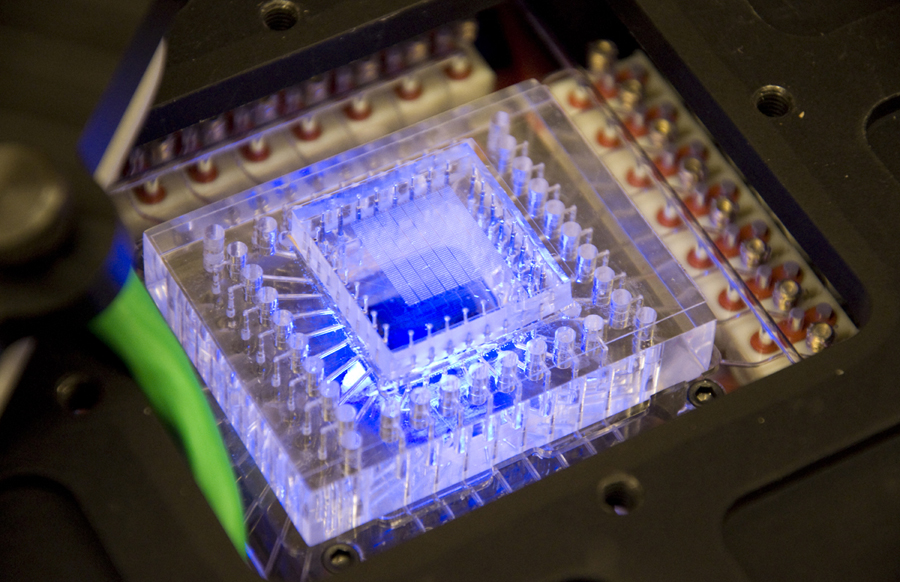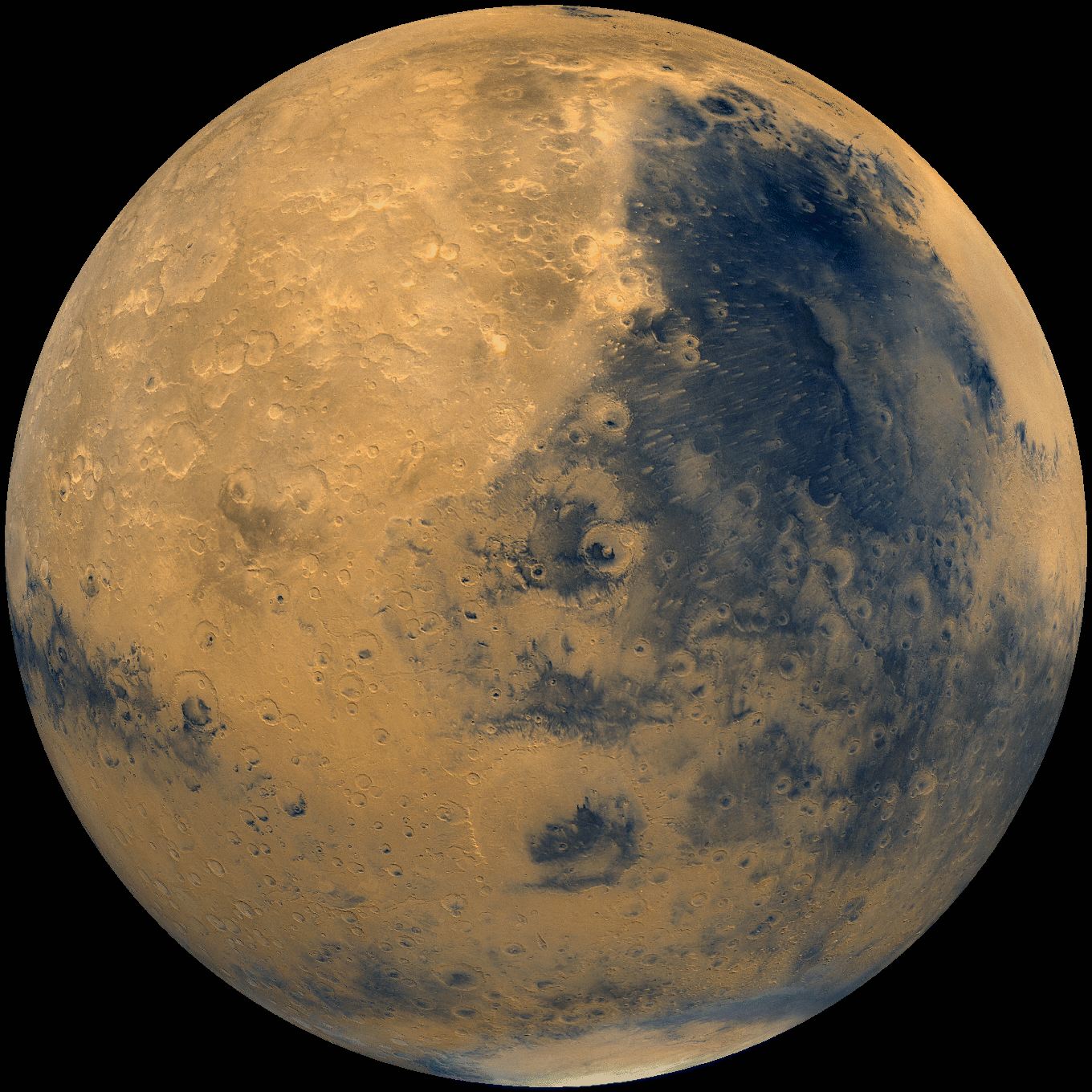Genome hunters go after martian DNA
October 18, 2012
Two high-profile entrepreneurs say they want to put a DNA sequencing machine on the surface of Mars in a bid to prove the existence of extraterrestrial life.
In what could become a race for the first extraterrestrial genome, researcher J. Craig Venter said Tuesday that his Maryland academic institute and company, Synthetic Genomics, would develop a machine capable of sequencing and beaming back DNA data from Mars, Technology Review reports.
Separately, Jonathan Rothberg, founder of Ion Torrent, a DNA sequencing company, is collaborating on an effort to adapt his company’s “Personal Genome Machine” for Martian conditions.

A micro-fluidic device developed at MIT designed to automatically run DNA experiments on other planets( credit: Christopher Carr, MIT)
“There will be DNA life forms there,” Venter predicted Tuesday in New York, where he was speaking at the Wired Health Conference.
Venter said researchers working with him have already begun tests at a Mars-like test site in the Mojave Desert. Their goal, he said, is to demonstrate a machine capable of autonomously isolating microbes from soil, sequencing their DNA, and then transmitting the information to a remote computer, as would be required on an unmanned Mars mission. (Hear his comments in this video, starting at 00:11:01).
Meanwhile, Rothberg’s Personal Genome Machine is being adapted for Martian conditions as part of a NASA-funded project at Harvard and MIT called SET-G, or “the search for extra-terrestrial genomes.”
NASA, whose Curiosity rover landed on Mars in August, won’t send another rover mission to the planet before at least 2018 and there’s no guarantee a DNA sequencing device would go aboard.
Many scientists are lobbying NASA for what’s called a “sample return” mission — one that would make a round trip, bringing back soil and rocks for analysis. However, taking a DNA sequencing machine to Mars could be a better way to search for life.
Venter also said it might be feasible in the future to reconstruct Martian organisms in a super-secure laboratory on Earth, using just their DNA sequence. The idea would be to use the DNA data to rebuild their genomes, then inject those into an artificial cell of some kind. It’s an idea he calls the “biological teleporter.”
“People are worried about the Andromeda strain,” says Venter. “We can rebuild the Martians in a P-4 spacesuit lab, instead of having them land in the ocean.”
